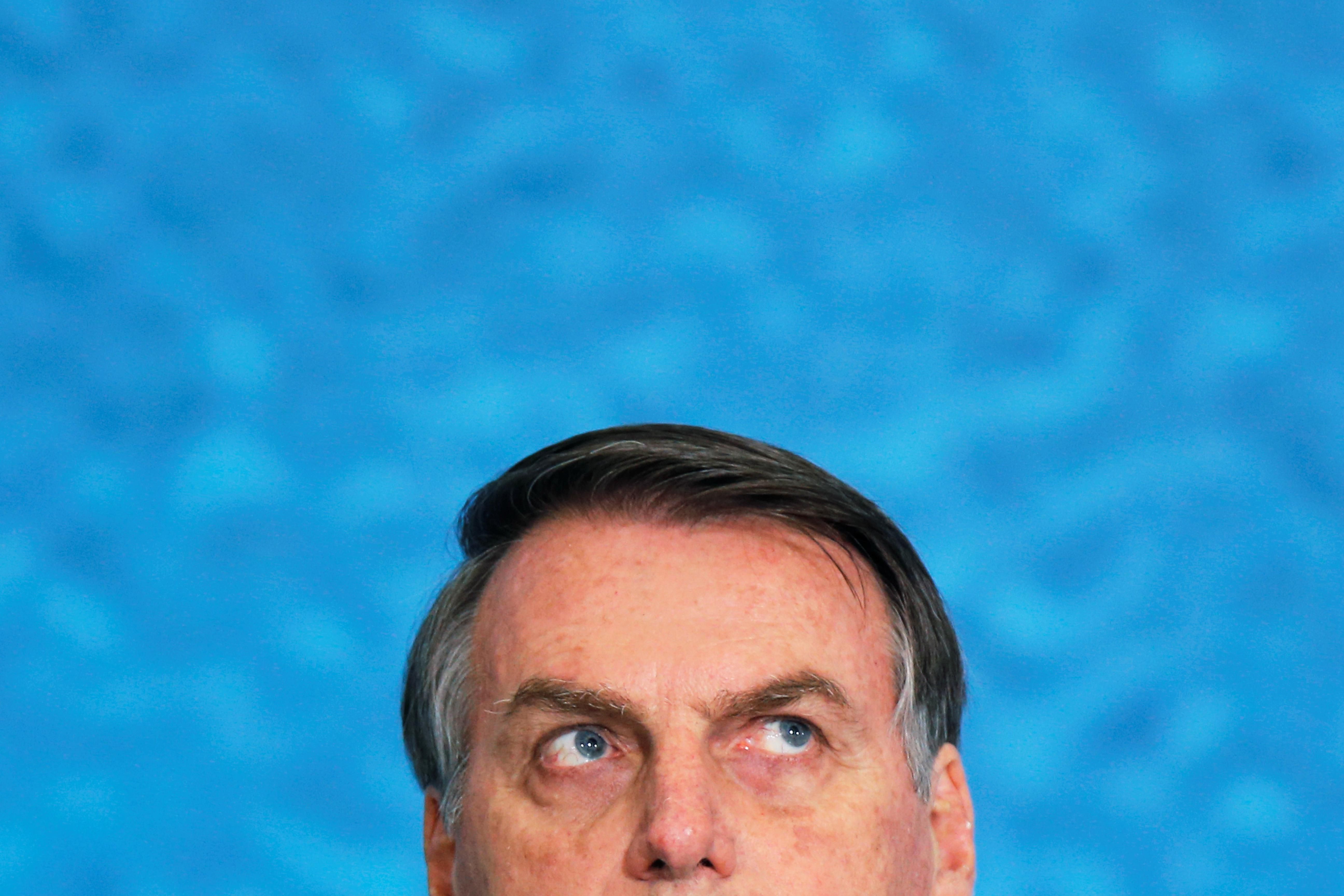What We're Watching: YouTube snuffs Bolsonaro, Israel probes Pegasus, China rejects COVID inquiry (again)
YouTube pulls Bolsonaro's rants: Google-owned YouTube pulled down a series of videos on the channel of Brazil's populist President Jair Bolsonaro, accusing him of spreading misinformation about the pandemic. YouTube removed more than a dozen clips for touting quack cures for coronavirus or claiming, in defiance of scientific experts, that masks don't reduce COVID transmissions. Last year, Twitter and Facebook also removed some content from Bolsonaro's feeds for similar reasons. But critics say that YouTube's move is too little too late, because Bolsonaro has been spreading misinformation about COVID since the pandemic began. Many Brazilians hold him personally responsible for the country's abysmal pandemic response, which has led to almost 550,000 deaths, the second worst toll in the world. Will YouTube's move change Bolsonaro's message? His weekly address to the nation, where he converses not only with government ministers but also various conspiracy theorists and loons, is broadcast on YouTube. Surely he doesn't want to risk losing that — or does he?
Israel establishes Pegasus probe: The Israeli government has set up a committee to probe recent allegations that an Israeli tech firm's surveillance software, called Pegasus, was licensed to foreign governments, and then used to spy on journalists, dissidents, and human rights activists. Seventeen media companies joined forces to cover this alleged cyber breach. NSO, the Israeli tech firm that licenses Pegasus, says it exports its products to 45 countries with approval from the Israeli government. In an interview after the alleged breach, NSO's CEO said that if the allegations of hacking are true "it is something we will not stand as a company," and claimed there was no link between the 50,000 leaked numbers and the company. NSO also says it welcomes a transparent probe that will clear the company's name. However, the group has not released any more information on its contractual agreements with various governments, like Saudi Arabia, which stands accused of human rights abuses.
China rejects another COVID origins probe: Barely five months ago, China thought it was finally done with probing the origins of the coronavirus, after a joint investigation with the World Health Organization reached the conclusion that, as the Chinese have always said, the virus most likely leaped from bats to humans, via another animal at a Wuhan wet market. Now, with US intelligence looking into the possibility that COVID may have leaked directly from a Wuhan lab — which most scientists say is less likely — Beijing doesn't want to revisit the issue again. The Chinese have turned down a WHO request for another probe, which is itself a big flashpoint in already-frosty US-China ties: the Americans say the Chinese have never been transparent about what happened in the early days of the pandemic, while the Chinese say the Americans only seek to blame China for political reasons. Whichever side you are one, it's important to clarify that a fresh investigation would aim only to ascertain whether the lab leak theory merits further study at all -- it would not reach any conclusions on its own.
